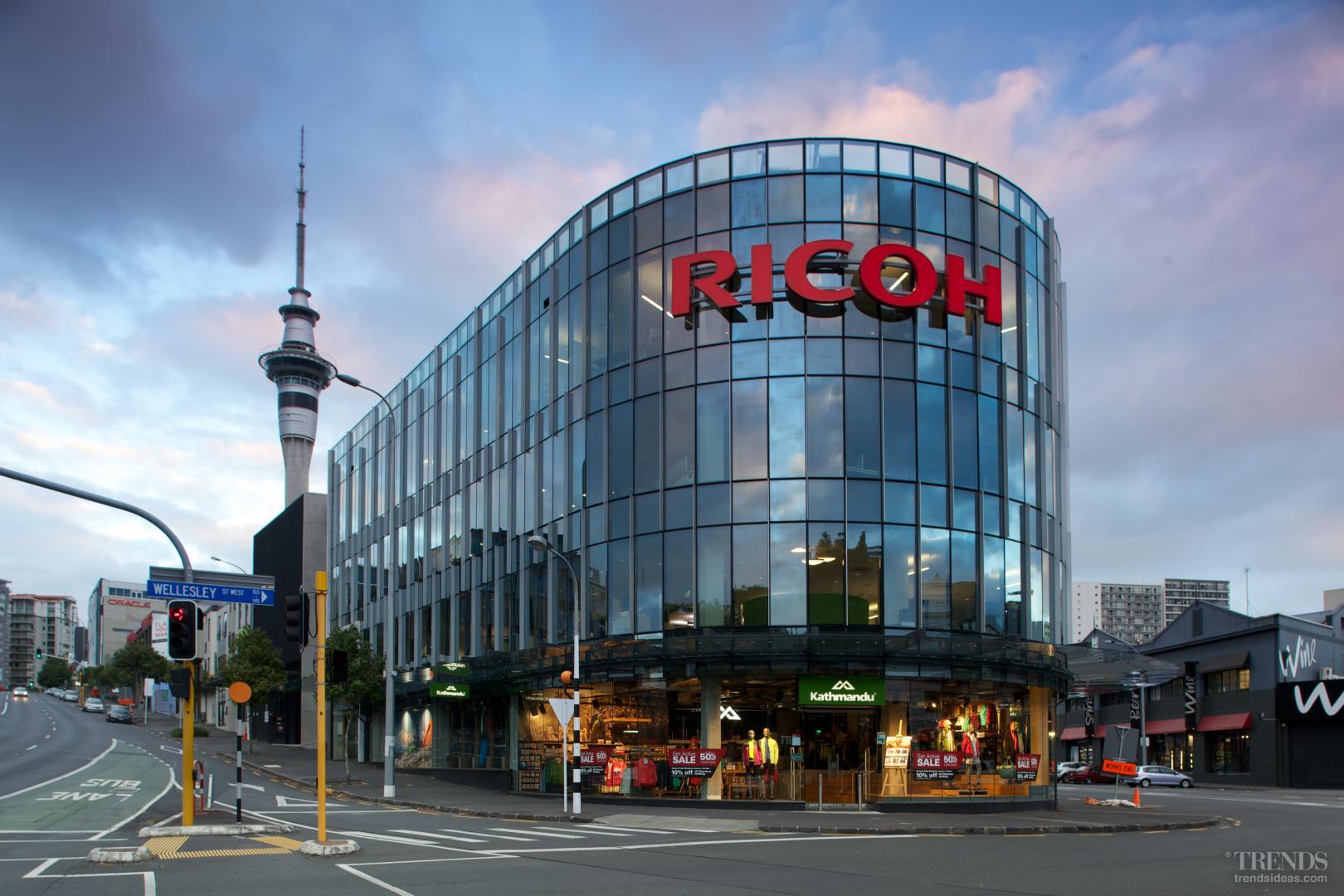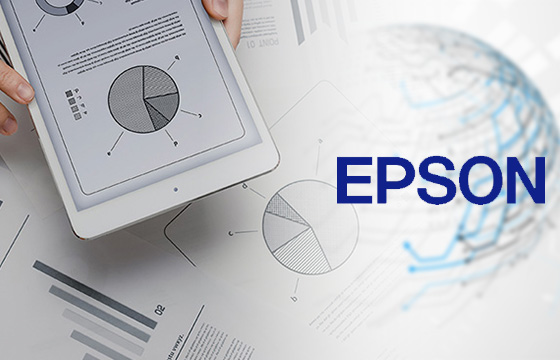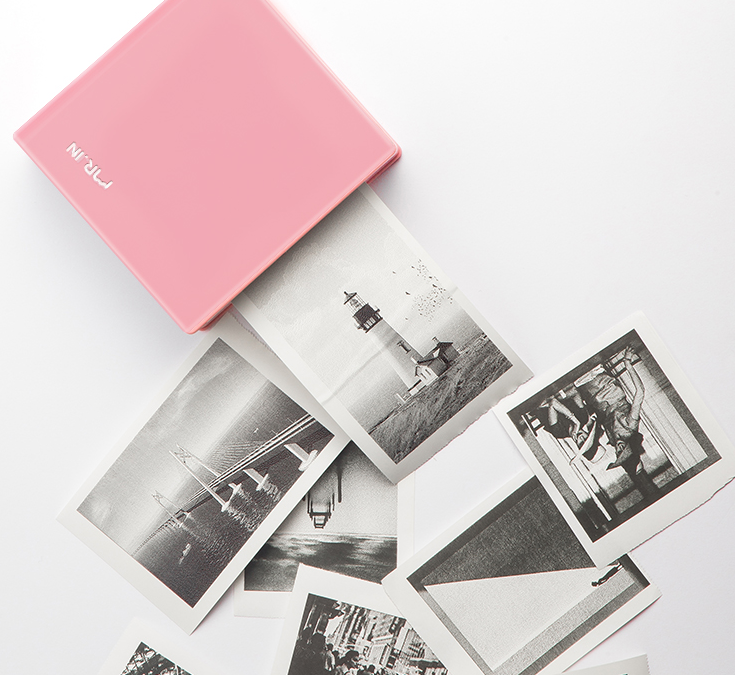Ricoh Cements Position in 3d Bioprinting Market With Investment In Elixirgen Scientific
Originally published at: 3dprintingindustry.com/ by Beau Jackson
Japanese multinational imaging and electronics company Ricoh has shown its commitment to developing a presence within the biomedical industry in a new agreement combining 3D bioprinting with cell differentiation technology.
Acquiring a 34.5% stake in Maryland biotechnology company Elixirgen Scientific, Ricoh has created a strategic business partnership that will also see the launch of a North American biomedical business this year.

Nobuhiro Gemma, Fellow, General Manager of HealthCare Business Group at Ricoh Company, Ltd., stated, “We are thrilled to partner with Elixirgen Scientific on this new biomedical development initiative.”
“By combining the technologies from our two companies, it will be possible to produce disease-specific cell chips derived from multiple iPS cell lines.”
The goal of the partnership is to support efforts in drug discovery. Gemma adds, “These cell chips can evaluate the diversity of human responses of chemicals at one time in terms of efficacy and toxicity before moving to the clinical trial stage.”
“In the process of drug discovery, this method using the cell chips will greatly improve the entire drug development process because human diversity is considered in the earliest stage.”
Illustration of the cell differentiation, 3D bioprinting and drug discovery process. Image via Ricoh
Developing products for drug discovery
Induced pluripotent stem (iPS) cells are capable of differentiating into many different types of cells depending on the introduction of different genes. They are at the core of current efforts in tissue engineering and regenerative medicine as they can be used to create copies of diseased tissue. These “copies” can then be tested using different drugs to understand how the body may react to new treatments.
Elixirgen Scientific, which was founded in 2016, has developed its own Quick-Tissue technology which is capable of producing iPS cells. With Quick-Tissue, homogeneous cell samples can be produced within 10 days.
According to Ricoh, it has been developing 3D bioprinting technology capable of working with iPS cells for the past 40 years. Inkjet based, the technology in question has four functions as described by the company:
- Cell ink preparation
- Precision 3D printing (using inkjet printheads)
- Cell cultivation and,
- The inspection of cellular constructs
In this new partnership, Elixirgen and Ricoh will combine their expertise to develop biomedical products and service to support further drug discovery.





Leave a Comment
Want to join the discussion?Feel free to contribute!